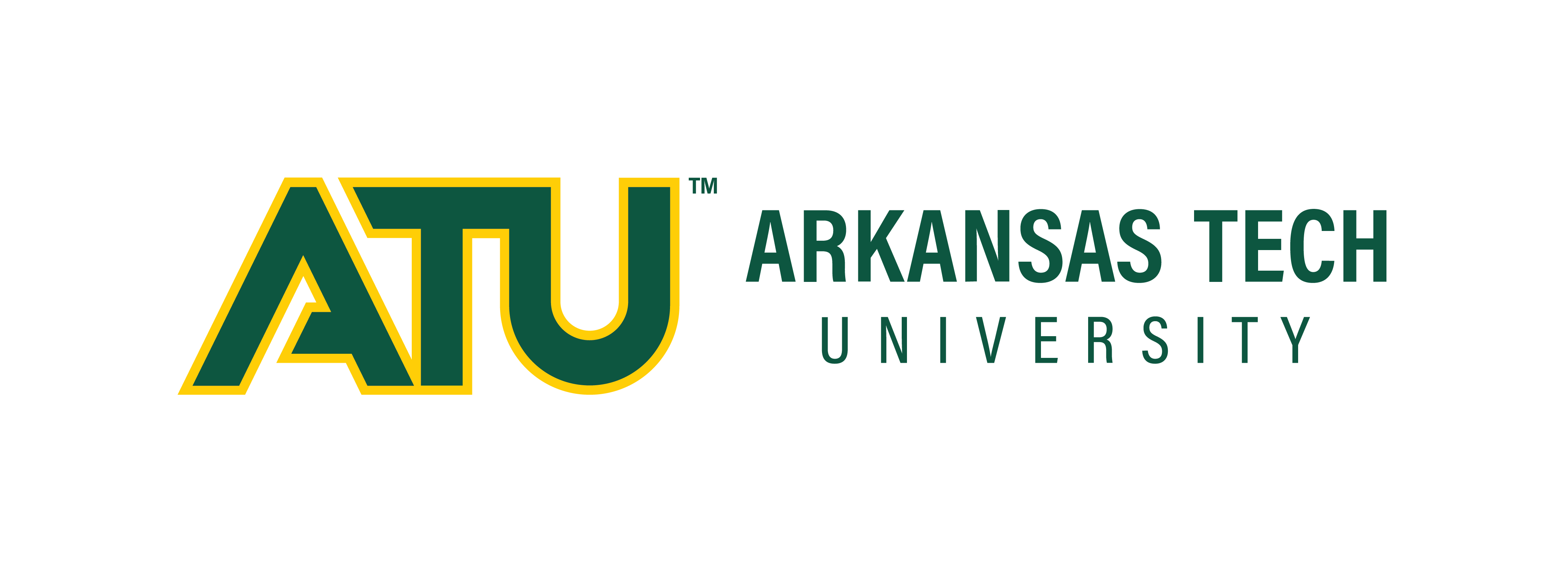Document Type
Poster
Location
Face-to-face
Abstract
The purpose of this study is to examine the relationship between inadequate academic advising and its effects on graduation rates, retention, and students’ academic performance. Mixed technology will be used to conduct a thorough investigation. Interviews of graduate students from a Student Affairs department at an east south-central 4-year institution will be used for the qualitative aspect of this study. The participants will discuss the advising encounters they shared with their undergraduate academic advisor(s). The quantitative element will consist of an online survey using a Likert scale to answer a series of questions regarding academic advising experiences. Knowing this will be helpful because there is little qualitative evidence of a student’s journey with their academic advisor, especially the adverse outcomes. Findings from this study can begin creating an index of quality experiences to understand further and improve student advising.
Keywords: academic advising, retention, graduation rates, student success, academic performance, student affairs
Recommended Citation
Smith, Sierra N., "The Importance of Academic Advising: The Good, The Bad, & The Influence" (2022). ATU Scholars Symposium. 5.
https://orc.library.atu.edu/atu_rs/2022/graduate/5
Included in
Academic Advising Commons, Adult and Continuing Education Administration Commons, Community College Education Administration Commons, Higher Education Administration Commons
The Importance of Academic Advising: The Good, The Bad, & The Influence
Face-to-face
The purpose of this study is to examine the relationship between inadequate academic advising and its effects on graduation rates, retention, and students’ academic performance. Mixed technology will be used to conduct a thorough investigation. Interviews of graduate students from a Student Affairs department at an east south-central 4-year institution will be used for the qualitative aspect of this study. The participants will discuss the advising encounters they shared with their undergraduate academic advisor(s). The quantitative element will consist of an online survey using a Likert scale to answer a series of questions regarding academic advising experiences. Knowing this will be helpful because there is little qualitative evidence of a student’s journey with their academic advisor, especially the adverse outcomes. Findings from this study can begin creating an index of quality experiences to understand further and improve student advising.
Keywords: academic advising, retention, graduation rates, student success, academic performance, student affairs



Comments
Available time to present: 1:00-4:00 pm